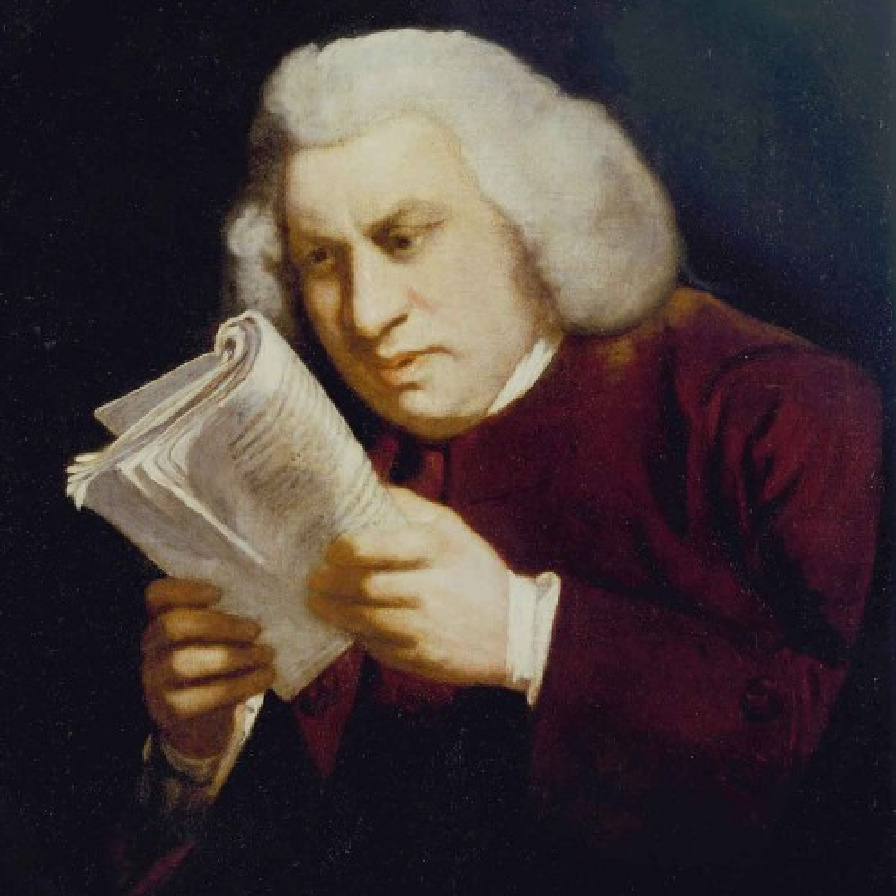What happens when one or both spouses decide they no longer trust each other? What happens when employees decide their supervisor or boss is no longer worthy of their trust?
We know what happens next. Dissolution. Maybe divorce. And sometimes, ugly conflict.
So, then, what happens when We The People decide that we no longer trust each other—fellow countrymen and women—and the institutions that have long upheld us? It’s time to seriously ask each other this question.
For some time now, we’ve been aware how deeply negative our views of each other have become—to the point that 40 percent or more of Democrats and Republicans see the other party not just as people they disagree with, but as a threat to the well-being of the nation.
Our distrust goes beyond the personal, however, to the institutions Americans have relied on for many years. For instance, a survey just released by NPR/PBS/Marist asked people specifically whether they would trust the results of the election as accurate if their candidate doesn’t win, and only half said yes (with results similar on both sides of the political spectrum).
What happens when the “sacrament” of democracy—free and fair elections—is no longer held in trust and confidence by large majorities of people?
We’re about to find out.
It’s not just elections we’re newly suspicious of as a people, though. A 2020 Gallup poll also found that for the first time in its 27 years of measuring attitudes toward the police, the number of Americans saying they have significant trust in law enforcement fell below a majority—falling five points in the last year to 48%. In addition to that:
- 49% say they have very little or no trust in televised news (compared with 33% reporting they have “some”and 18% retaining significant trust)—a remarkable 31% jump in distrust since 1973.
- 45% say they have very little or no trust in Congress (compared with 42% saying they have “some” and 13% still having significant trust in the House & Senate)—a 31% increase in distrust since 1973.
- 37% say they have very little or no trust in the Presidency (compared with 23% with “some” and 39% with significant trust)—a 21% increase in distrust since 1975.
- 36% say they have very little or no trust in big business (with 45% saying they have “some” trust and 19% quite a lot)—a 7% jump in distrust since 1973.
Importantly, these numbers above are general averages across many different groups—with wide disparities across subgroups. For instance, 82% of Republicans and 56% of white people report trusting police—compared with 19% of Black adults and 28% of Democrats.
Trust isn’t always a good thing—with some level of distrust potentially a protective factor in ensuring critical thinking.
Concerns about distrust can also be overstated—with majorities of Americans still holding at least some level of trust in many important institutions, including 64% of Americans expressing at least some trust in our criminal justice system, 73% in church/organized religion, 77% in public schools, 81% in the Supreme Court, 82% in the military, 83% in our U.S. medical system, and 89% in science itself. Even 81% of Americans report having at least some trust in police.
It’s also the case that trust isn’t always a good thing—with some level of distrust (at least among some of us) potentially a protective factor in ensuring critical thinking.
Nonetheless, urgent questions remain. If families and businesses stop working when trust erodes, why should we expect anything different from our nation as a whole?
There was a reason Abraham Lincoln warned “a House divided against itself cannot stand.” As David Brooks cautioned last week, “Our system depends on the good will of the players involved. And if that good will isn’t there, then [beware] the spiral of accusation, animosity and enmity.”
In the near-term, fears exist across the political spectrum about what this atmosphere of distrust will mean for the election and its aftermath (an atmosphere both parties are clearly contributing towards).
Rather than assuaging these concerns—and reinforcing public trust in our electoral system, the occupant of the highest office of our land has made at least five statements over the last few months that very distinctly sow distrust in the upcoming results.
President Trump has raised questions about mail-in ballots for some time, but it was in June that he spoke more pointedly in a series of three tweets that read:
- First, “This will be the Election disaster of our time. Mail-In Ballots will lead to a RIGGED ELECTION!”
- Then next, an all-caps, he tweeted: “RIGGED 2020 ELECTION: MILLIONS OF MAIL-IN BALLOTS WILL BE PRINTED BY FOREIGN COUNTRIES AND OTHERS. IT WILL BE THE SCANDAL OF OUR TIMES!”
- In a third tweet, Trump said “Because of MAIL-IN BALLOTS, 2020 will be the most RIGGED Election in our nation’s history—unless this stupidity is ended,” before accusing his political opponents of “using COVID in order to cheat by using Mail-Ins.”
Since that time the President has returned to this theme multiple times, including remarks that “The only way we’re going to lose this election is if this election is rigged” (mid-August) and that “the only way they’re going to win is by a rigged election” (later August)—a contention he repeated in September: “The Democrats are trying to rig this election because that’s the only way they’re going to win.”
He has added, “they’re trying to steal the election, and everybody knows that” and called it all a “scam.”
As one commentator put it, “He’s effectively saying the election is illegitimate unless he wins.” Another summarized the message as being, “If any result is not as I declared it to be, that is fraudulent.”
“Basically, both sides are ready to cry foul,” says Lonna Atkeson, director of the Center for the Study of Voting Elections and Democracy at the University of New Mexico. “They’ve set everything up to create a post-election crisis.”
For an institution so central to our national stability—free and fair elections and a peaceful transfer of power—these remarks should be troubling to us all. When some have asked the President directly for public reassurance that he would commit to a peaceful transfer of power if he lost, he has said “we’re going to have to see.”
No, we don’t believe that the world’s oldest liberal democracy is on the precipice of a fascist dynasty. And fears along these lines can be overblown.
But whether they are true or not, the reality is that a large majority of Americans now hold them as real fears.
What does that mean—what will it mean—for the aftermath of our election?
It’s not surprising that in a political world where the two parties feel that the other party poses an existential risk to their survival that we should see claims and counterclaims that are specifically intended to undermine trust. And yet if we accept these claims at face value without thoughtful scrutiny, trust is the inevitable casualty.
Before people on the left cast the first stone, they also need to acknowledge the extent to which their own rhetoric about electoral fairness impacts public trust. The reporting on gerrymandering and voting rights has too often insinuated a malevolent plot on the right to disenfranchise voters of color—something that ignores legitimate questions about ballot integrity that many thoughtful observers continue to have.
And rhetoric currently being used to describe Republican efforts to install a Supreme Court justice to replace Ruth Bater Ginsburg has also been concerning. Typically, that involves no acknowledgment that any difference exists between this instance and the earlier situation with Justice Garland (there is a key difference – the Senate and the Presidency are aligned). With a singular focus on the previous rhetoric around “doing this in an election year, the accusations of “dishonesty,” “hypocrisy” and even “not having a conscience” have been relentless. Referring to the likely vote to confirm a new justice, Senator Chuck Schumer went so far as to say, “how can we ever expect to trust them again?”
That’s concerning to hear from any of our elected officials. But rank-and-file Republicans and national leadership who have been gleeful at the progress in shifting courts to the right, have to at least ask themselves: What do these changes in the courts we experience as so heartening actually mean, if half the nation comes to see the courts as less trustworthy, at best—and worse, illegitimate or just a “tool of the right”?
Some of these questions should probably keep us up at night. They certainly shouldn’t be ignored.
Because our country is hurting.
Angry. Suspicious. Scared.
As one journalist summarized at the New York Times this week:
Even the most hard-bitten sages of the capital have been gripped by dread over what might be in store in the next few months. Between the crescendo of an ugly campaign, a president unrestrained, a pandemic unchecked, the prospect of a disputed election, warnings of violence after Nov. 3, could the level of distrust, dysfunction, and division get any worse? Whatever else could happen?
We join those praying for a peaceful and fair election. But Jesus called disciples to do more than pray. He asked them to “watch” (in Hebrew the meaning includes “guard, keeper, watchman, sentry” and is used when describing police and security watching out for public safety).
May we be watchful and mindful of these concerning signs of trouble in our democratic system. And may we do all we can to add our voice in moving our country forward to a better place.















